03 Jun June 2022: Hurricane season is here!
Posted at 18:53h
in
Newsletters
by Willis Ponds


Office: 843 846 2500
www.WillisSinclair.com
Info@WillisSinclair.com
Excellent Quality. Exceptional Service.
June 2022
Number 100
|
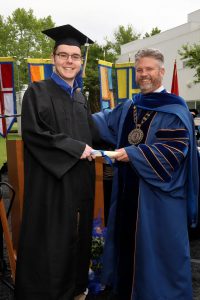
Jared Graduated
Jared, one of our grandsons graduated in May from Pellissippi Community College. President L. Anthony Wise, Jr. presented Jared with his diploma. This fall, Jared plans to attend the University of Tennessee to study Electrical Engineering.
|
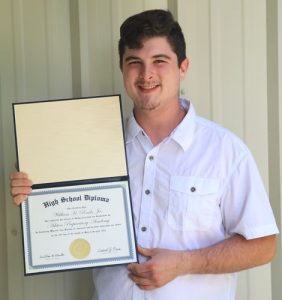
Henry Graduated
Henry, another grandson, graduated from High School in May. He plans to work full time at Willis Sinclair with Willis and Abbey. Henry is really a “hands on” guy. He is in the process of building a tiny home on a travel trailer he purchased. He has also rebuilt automotive engines. In addition to woodworking, he can also weld and is a excellent cabinetmaker.
|
 From the Desk of Mandy
From the Desk of Mandy
Hello!
When I was in high school, one of the books I was required to study was called The Idea of America. It is basically a collection of classic, (mostly) American writings. It contains excerpts from Thomas Paine, Henry David Thoreau, Samuel Clements, Patrick Henry, and others.
(My favorites were those of Thomas Paine and Patrick Henry.) I found it fascinating to go behind the sometimes-dry and not-terribly-interesting facade of our Founding Fathers that is presented in history books – it was thrilling to discover that they, too, were living, breathing people with interests, convictions, strengths, and steely determination.
I found the book largely inspiring, and my favorite excerpt is one from Patrick Henry’s “Liberty or Death” speech. It goes like this:

“They tell us, sir, that we are weak; unable to cope with so formidable an adversary. But when shall we be stronger? Will it be the next week, or the next year? Will it be when we are totally disarmed, and when a British guard shall be stationed in every house? Shall we gather strength by irresolution and inaction? Shall we acquire the means of effectual resistance by lying supinely on our backs and hugging the delusive phantom of hope, until our enemies shall have bound us hand and foot? Sir, we are not weak if we make a proper use of those means which the God of nature hath placed in our power.”
I love to read this paragraph out loud: Mr. Henry’s words stoke a fire in my soul – there is always, always, always something that can be done. I especially love the final line: “…we are not weak if we make a proper use of those means which the God of nature hath placed in our power.” This is a fiery reminder that if God has given us a job to do, He has also given us the tools we need to do it properly.
Sometimes we may feel overwhelmed, but as Thomas Carlyle said, “Our main business is not to see what lies dimly at a distance, but to do what lies clearly at hand.” We can exhaust ourselves by trying to fix problems over which we have no control; or we can tend to our own fields, and we will be gainfully employed and free to enjoy the satisfaction that comes from having done our work well.
We live in interesting times; there is plenty to bog us down mentally, spiritually, and emotionally, and make us feel like there is nothing that can be done to fix the (seemingly overwhelming) problems that face us. There is so much that is broken, and we are, each of us, only one person. What difference can one person make?
Sometimes, one person can make all the difference in the world.
Do what you need to do and do it the very best you can. Do it like it matters, because it does. Our country needs builders right now; so build. Build a little or build a lot, build big or build small, build houses or build people, build projects or build ideas, but build as though your life depends on it – because it does.
Captain Seth Keshel said (something to the effect of), “When you need to do something, you should act as though it were impossible to fail.” I think that sounds like excellent advice!
Hurricane season begins June 1 and ends November 30
Although the chances of a major hurricane in our area are low, it is best to be prepared. Hurricanes bring high winds and abundant rain fall. Storm surges are also likely. In our area the combination of rain to saturate the ground and strong winds can topple trees.
Any items left in the yard may well become “missiles” and cause damage (in addition to getting mangled). All of your patio furniture and other outside items need to be stored inside.
The Building Code requires windows and exterior doors be impact rated or coverings must be prepared and stored so they can be installed before a storm hits. This prevents (or reduces the chances of) flying debris penetrating windows and doors.
It is also a good idea to take a look at your trees and make sure there are no dead branches hanging in them just waiting for a strong wind to become flying debris.
Typically, thanks to the Building Code, structures here in the Lowcountry are strongly built, so the chances of a building collapse or failure are low. Most damage will be caused by either flying debris or falling trees.
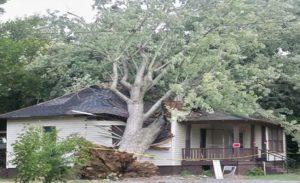 |
This home in Kentucky was damaged by wind and rain from hurricane Ike in 2008. It survived the wind, but not the tree. Falling trees and flying debris in addition to high storm surges cause most of the damage. |
If you look at the years between 2005 and 2020 the United States has had an average of just over 2 hurricanes (winds over 74 miles per hour) strike her each year. The number varies a bit. A high of 7 struck in 2005. None struck in 2006, 2010, 2013 and 2015. 6 struck last year.
Tracks of storms and hurricanes that have made landfall in South Carolina between 1851 and 2021.
|
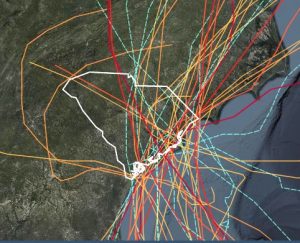
Tropical Storms & Hurricanes
These lines show the path of tropical storms (wind speed greater than 39 miles per hour) and hurricanes.
|
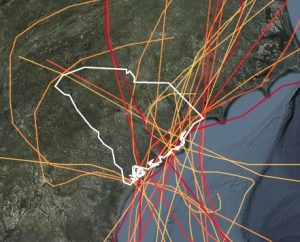
Hurricanes
These lines represent the paths of hurricanes (wind speed over 74 miles per hour).
|
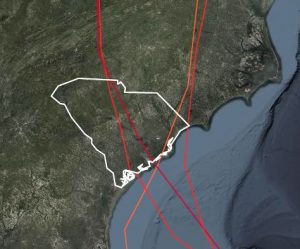
Major Hurricanes
The number of major hurricanes (over 111 mph) (categories 3, 4 and 5). The Continental Shelf is shown on the right side.
|
Another thing to consider when thinking about hurricane wind speed is where the hurricane is in relationship to you. Hurricanes (in the northern hemisphere) rotate in a counterclockwise direction. (Tornadoes usually, but not always rotate in a counterclockwise direction also.) That means if the hurricane passes south or west of you, you have to add the storms speed to its rotational speed. On the east and north, you would subtract the land speed from the rotational speed. If a 111 mph storm approaches at 10 miles per hour, the actual wind speed would be 121 mph if it passed south or west of you and 101 if it passed east or north of you.
Fast moving hurricanes can cause more wind damage, but slow moving storms will usually dump more rain as they slowly make their way north.
|
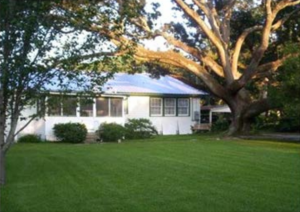
Don’t underestimate the damage a hurricane can do. This is what a home looked like before hurricane Katrina hit.
|
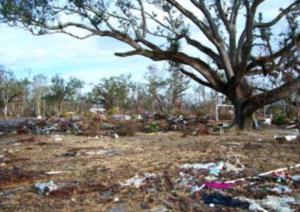
After Katrina, the home is completely gone. It was probably not built to the standards we use, nonetheless, storms can do massive damage.
|
How can you prepare for a storm? One way is to call us (843 846 2500) and ask Mandy to put you on our hurricane list. It works like this: we do nothing and charge nothing unless a named storm approaches. If there is an official warning of an impending named storm, we will store all of your items inside and take care of other minor prep work you have requested. Unfortunately, covering windows is very time consuming and we will probably not have time to do that before we have to leave. The charge for this is our normal hourly rate.
After the storm threat passes, we will restore your home. Again our normal hourly charge applies. We will also advise you if any damage occurred.
Clearly we would like to take care of everyone’s home, but often there are only a few hours of warning and we can only do so much. People on our hurricane list get priority. Being on the list costs nothing unless we have to do storm prep for you. Call Mandy (843 846 2500 and ask her to put you on the list.
Hopefully, this will be a year like 2006, 2010, 2013 and 2015 and no hurricanes will make landfall in the United States. Still, it is best to be prepared.
Call us (843 846 2500). We can help.


 From the Desk of Mandy
From the Desk of Mandy





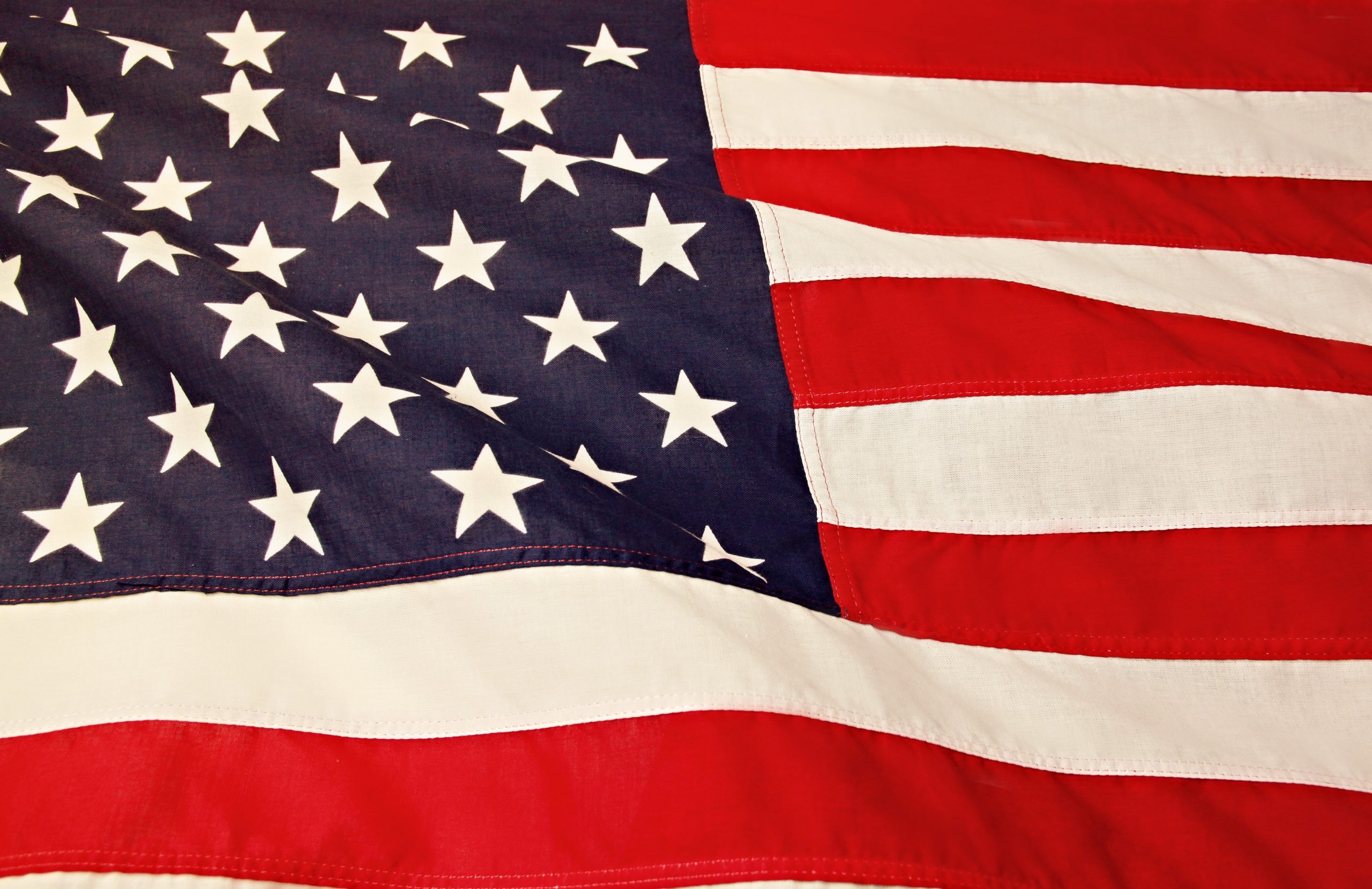







No Comments